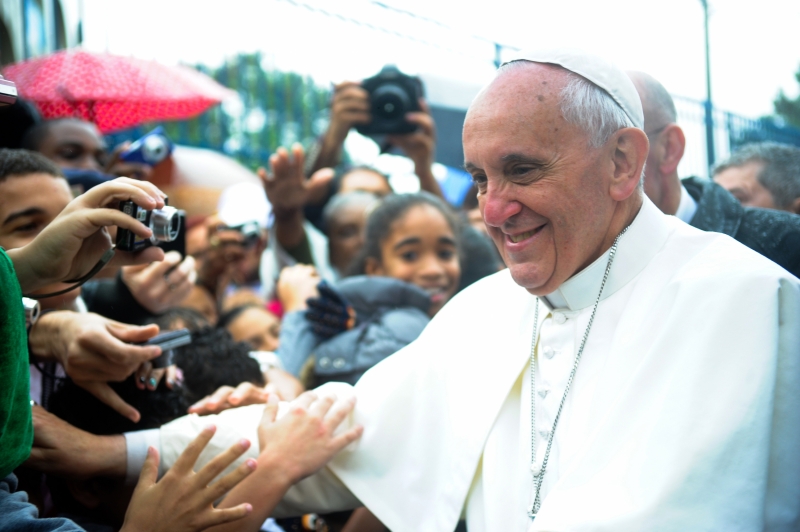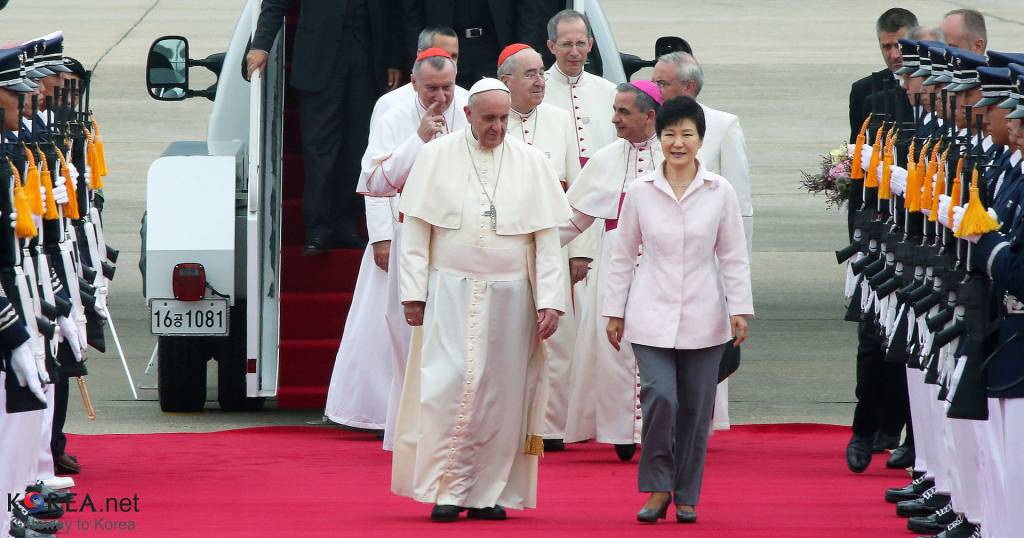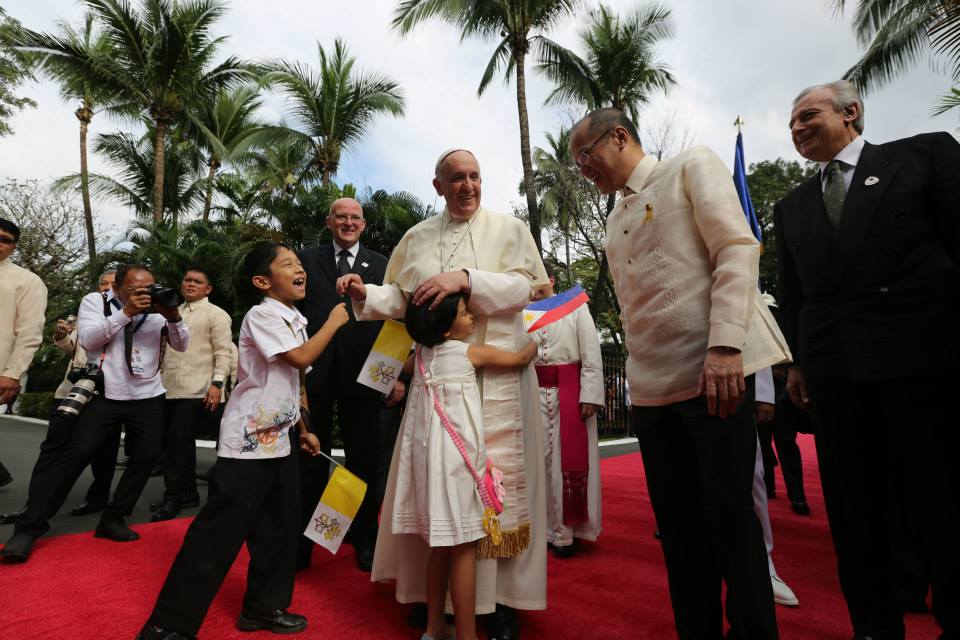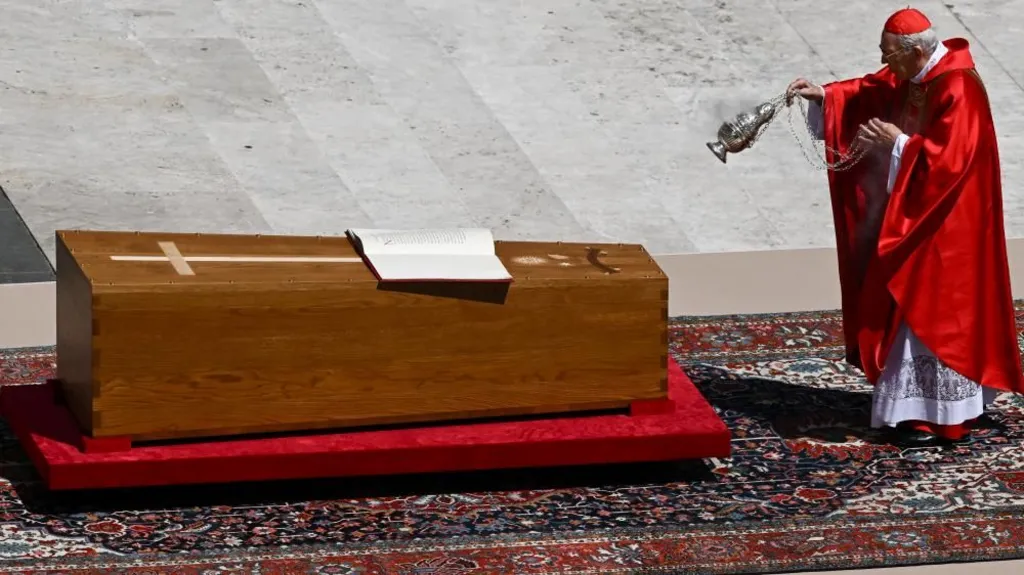For the last couple of months, I have been in e-mail contact with a Catholic priest, Father M—C—. This native of Papua New Guinea works in Istanbul, Turkey, and it is he who first informed me that Pope Francis was seriously ill. Father M— C— spoke very highly of him, but at first I regarded his assessment with a degree of skepticism. Name a Catholic who doesn’t do the same. Soon, however, I came to realize that he had good reason for praising the pontiff, who died on Easter Monday at age 88.
I was raised on the other side of Christendom’s great divide, as a Protestant—a Presbyterian, to be specific. In previous writings, I have opined that Catholics seem to be obsessed with Mother Mary, the saints and, yes, the pope. We Protestants are not perfect, but our eyes and hearts are more clearly focused on the Prince of Peace. After all, he led a sinless life, was crucified dead and buried, rose from the grave after three days, and sits at the right hand of God the father almighty. While I like to be ecumenical, Catholicism is somewhat foreign to me. Nevertheless, I have had numerous Catholic friends in my life, and enjoyed intimate relationships with two Catholic females.
The man who would become the 266th pope was born in Buenos Aires, Argentina on December 17, 1936. Eldest of five children in an Italian family, his name was Jorge Maria Bergoglio. In his secular days, he earned a diploma as a chemical technician and was employed as a food service worker, bouncer and janitor. His upward path in the church began in 1958 when he became a Jesuit novice; he was ordained as a priest in 1969; worked as provincial superior of the Society of Jesus in Argentina for six years; was chosen as rector of the Philosophical and Theological Faculty of San Miguel in 1980; was appointed as auxiliary bishop of Buenos Aires in 1992 (in that position, Bergoglio was noted for his attention to Buenos Aires’ shantytowns, earning the sobriquet “slum bishop”); was appointed a cardinal in 2001 by Pope John Paul II; held five administrative positions in the Roman curia; participated in the 2005 papal conclave that elected Pope Benedict XVI (some sources say he was Pope Benedict’s main challenger); and finally, advancing to the Papacy on March 13, 2013.
He took the papal name Francis to honor St. Francis of Assisi (1181–1226), who had led an exemplary Christian life of poverty and service. Adopting a less formal manner than previous popes, his no-frills pontificate may be characterized in many ways, but I will list two. On the night of his election, he chose not to be driven back to his hotel in the papal car but rode a bus with his former fellow cardinals. And he insisted on living in a one-bedroom suite at the Vatican guest house, Domus Sanctae Marthae, instead of the luxurious papal residence in the Apostolic Palace, as tradition dictated. Pope Francis did his best to change the culture of the clergy away from status and authority and toward one with a humbler ethic. He said the church’s shepherds ought to have “the smell of sheep.”
Even more impressive was a campaign he pursued throughout his reign—that of fixing the Vatican’s tangled and troubled finances. These problems, which had been building not just for decades but for centuries, were exacerbated by the Banco Ambrosiano scandal of the early 1980s, when a rogue financier named Roberto Calvi scammed the Vatican Bank for $250 million, eliminating a big portion of its reserves. Pope Francis brought business experts from around the globe to assist him in installing sorely needed financial guard rails and disciplines. The pontiff, even as he was plagued by exhaustion and bronchitis at Rome’s Gemelli Hospital in late February, sought to deal with chronic budget deficits. Top officials in the curia resisted his drive for deep spending cuts. They surely did not like how he thrice slashed salaries for the Church’s 250 or so cardinals. Elite staff members found their rich housing subsidies nixed. His demand that a rigorous timeline be set for achieving a zero-deficit regime was making people nervous if not angry. He had known that for his spiritual message to be credible, the Vatican’s finances could be no less. It was a brave campaign that stopped short of the promised land, as he ran out of time. Pope Francis’s successor—whoever he is—will inherit a financial mess resulting from a mixture of corruption and incompetence.
I hope that Father M— C— will not be upset when I aver that perhaps the Reformation would not have been necessary if the previous 265 popes had been resembled this Argentinian, a tireless advocate for a more compassionate church. I would not call Pope Francis naïve since he demonstrated throughout his 12-year papacy that he was politically savvy. The huge outpourings of emotion and affection spanning his death and burial in a simple wooden coffin at the Basilica of St. Mary Major seem to have been entirely genuine.








Add Comment